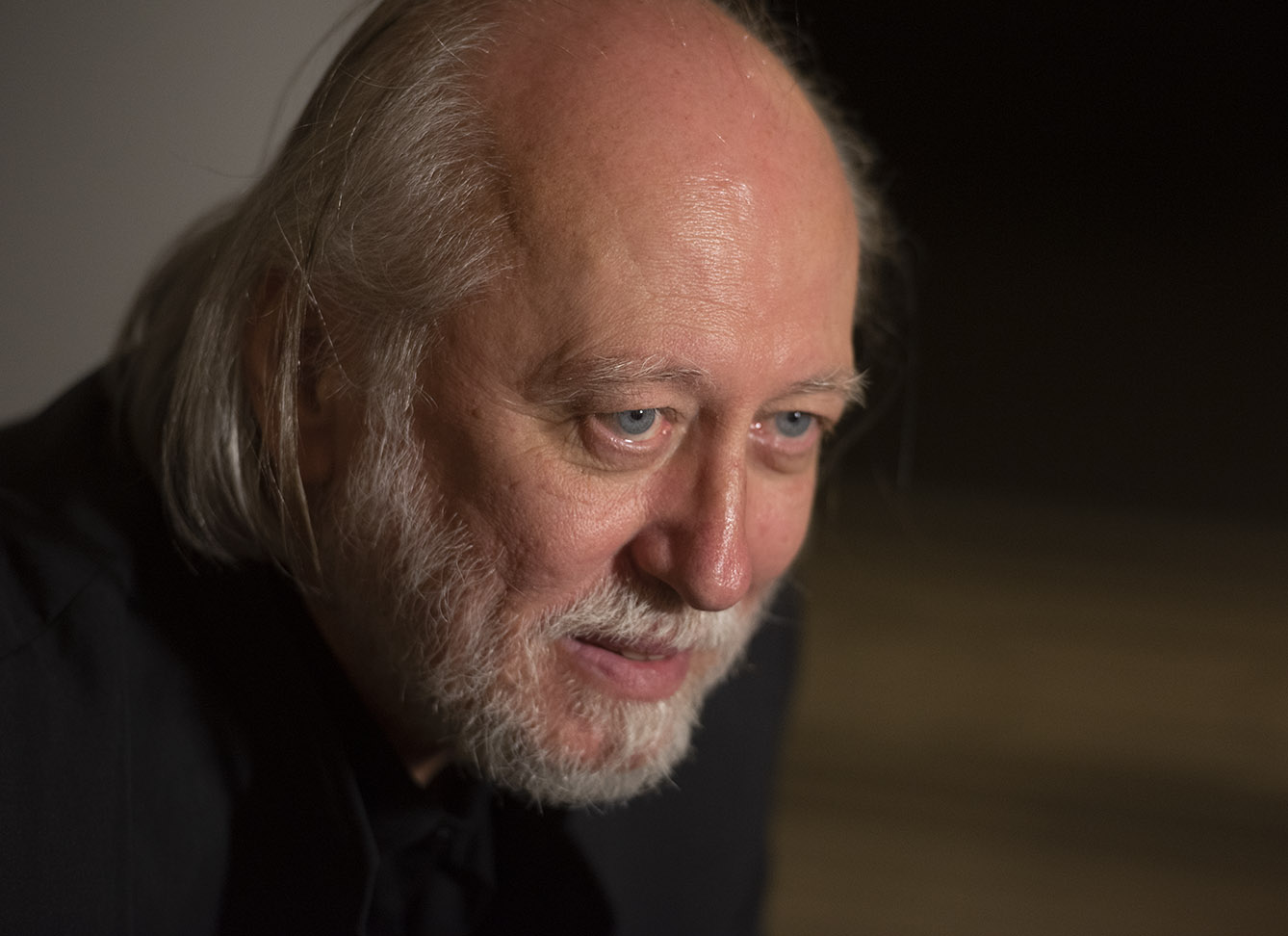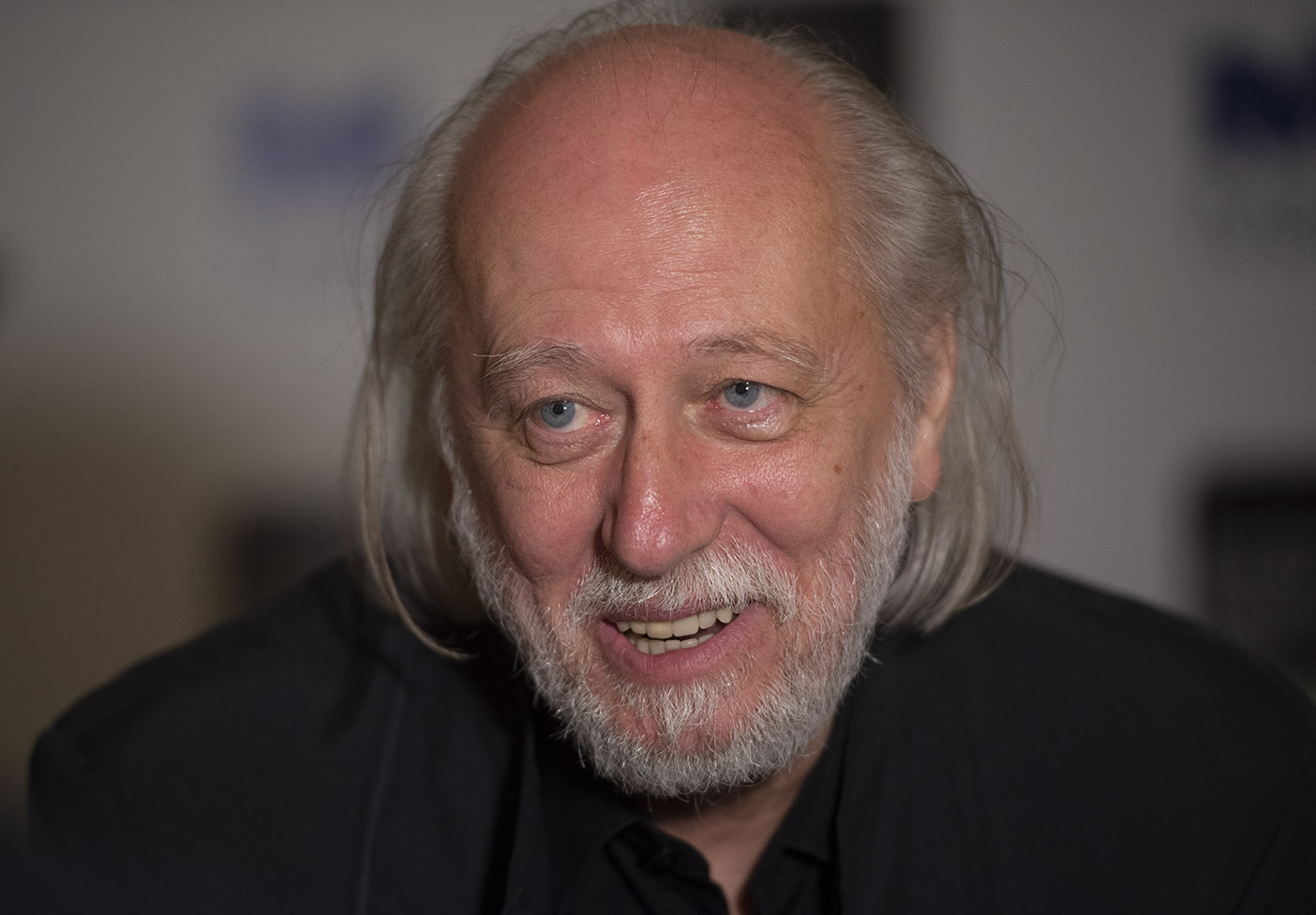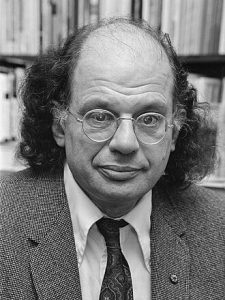
Much loved novelist László Krasznahorkai among this year's nominees.Continue reading

László Krasznahorkai, a current Nobel Prize nominee, was born in Gyula, Hungary on the 5th of January 1954, to a middle-class Jewish family on his father’s side. His father, György Krasznahorkai, was a lawyer and his mother, Júlia Pálinkás, a social security administrator. Krasznahorkai has received international acclaim from critics. Susan Sontag described him as “the contemporary Hungarian master of apocalypse who inspires comparison with Gogol and Melville.”
The writer collaborated with famous American poet Irwin Allen Ginsberg, whose works denounced what he saw as the destructive forces of capitalism and conformity in the United States. The Hungarian conservative mandiner.hu reflected upon Krasznahorkai’s recent post on social media. The writer expressed his waverings regarding his nomination with a simple question: “Who would you choose?” This interrogation is dedicated not only to Hungarians, but to all those who love literature.
When Guernica‘s reporter asked him in 2012, how he had met American poet Allen Ginsberg, László Krasznahorkai simply stated that at his first occasion of visiting New York, he had been a guest of Mr. Ginsberg. “He helped me find a technique, a way to build a neutral background for War and War, specifically a very neutral New York City. The hero is very eccentric and his story is, too, so I needed a neutral city instead of the real one, a New York without colors, without the unexpectedness, without motion. And because New York is not at all neutral, especially when you first see it, I had a problem making it neutral. I talked to Allen about this theme night after night during my visit, and he gave me very interesting advice. But it wasn’t only about War and War; Allen talked about philosophy, about Buddhism, of course, and about some of the important figures from the last four decades of American history. He was also very interested in my experiences in Eastern Europe. That time I spent with Allen and with his other friends was really great for me,” Krasznahorkai recalled.

Allen Ginsberg. Photo: Wikipedia.
Krasznahorkai made a similar point in a subsequent interview:
“It was not easy to write this book. But there were some people who helped me very much, especially Allen Ginsberg, who was a friend of mine in his last years. I was always at his home, and I worked on this novel, War & War, in New York, and he helped me very much to find a literary method to depict / describe / portray … if you are in New York, every artist wants a very original, spatial picture of New York, but I absolutely didn’t want that, I wanted the opposite: only streets, places, a hotel here, a flat there, a puritan picture of New York, so it was difficult to find a method to depict this neutral city of New York. Allen helped me very much.”
“We spoke about many questions, literary methods: how to depict a thing, how can you find a solution if you have a feeling about a thing but you have an anti-power in you to use this personal feeling, how can people avoid the passion of the thing in writing. We spoke many nights about such questions. He was absolutely wise and helped me very much.”
The writer’s main works are his novels, but his artistic career is much more abundant than that. He was working in co-operation with Béla Tarr, film director, especially when his famous book Satantango appeared (1985). Other books are listed here:
UPDATE: The 2023 Nobel Prize for literature has been awarded to Norwegian author Jon Fosse.
Via: allenginsberg.org, Featured image: Hungary Today